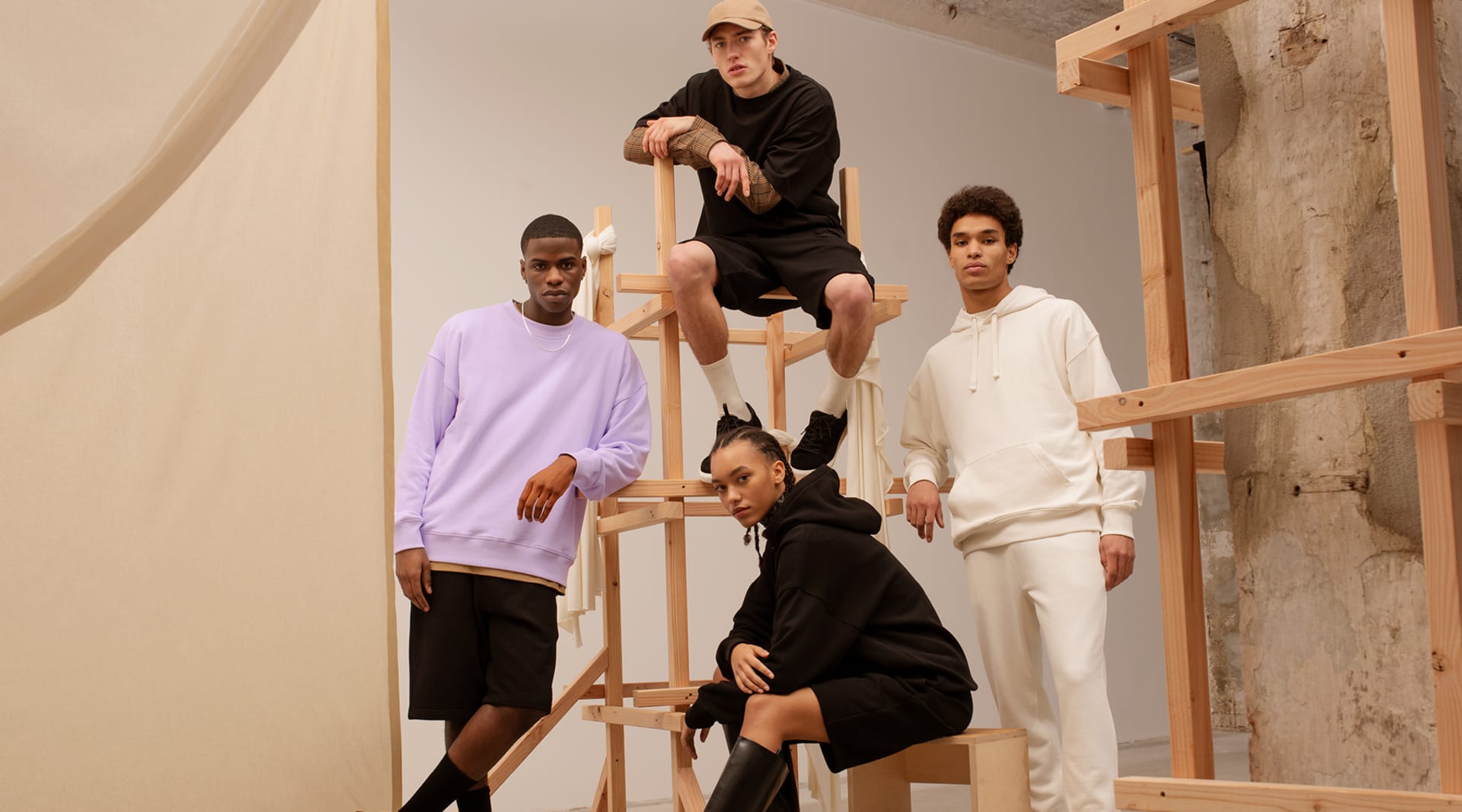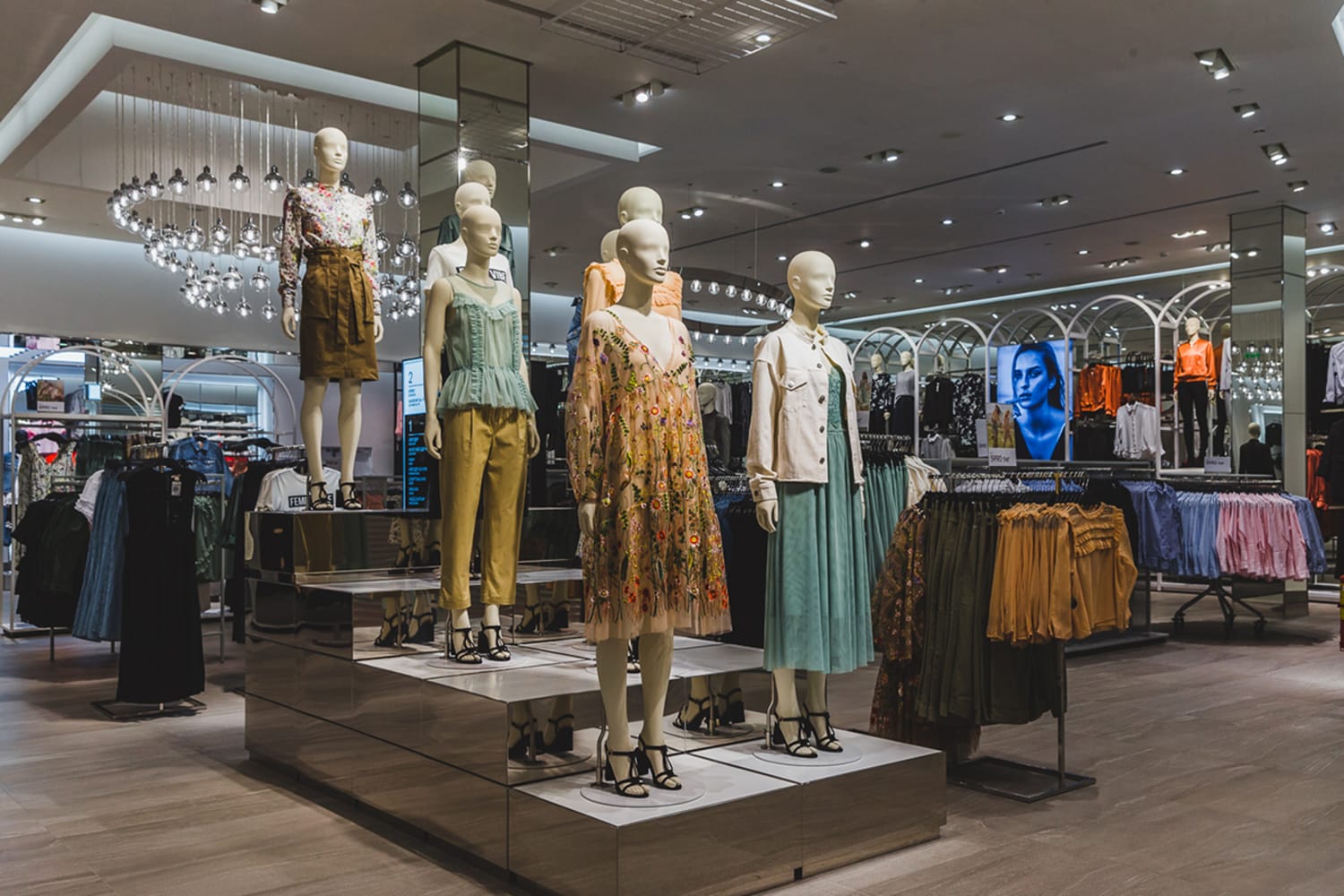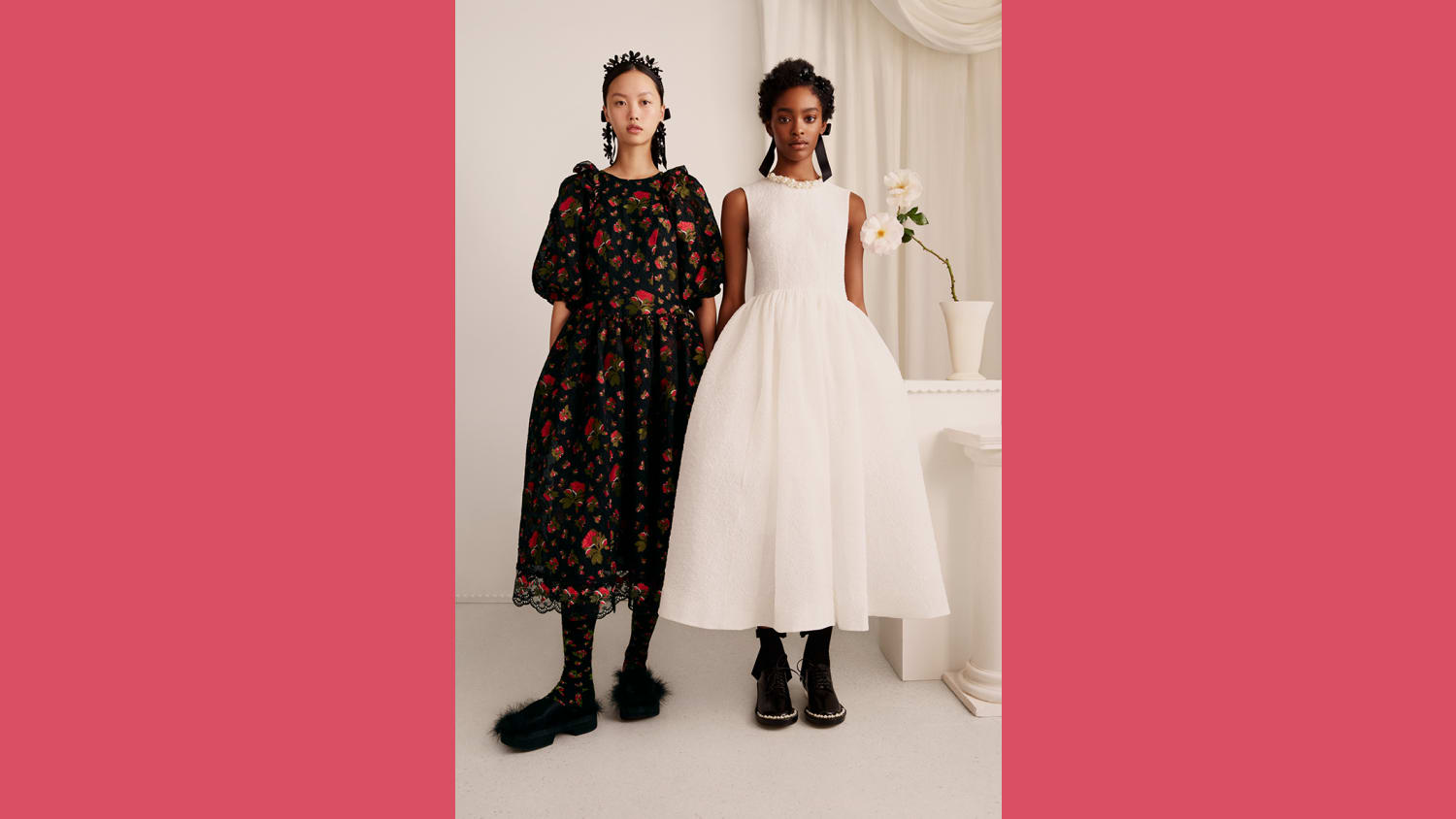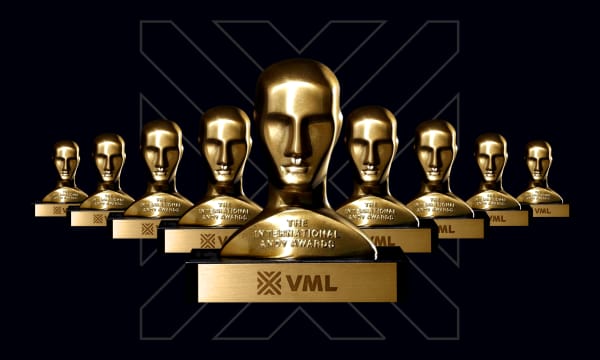China’s biggest online sellers removed H&M products from their platforms, while ride-hailing apps removed its stores from maps. Six H&M stores in lower-tier cities were swiftly closed by landlords, Bloomberg News reported, from some 550 stores nationwide.
Chinese tech giant Tencent cancelled an upcoming partnership with Burberry on the hit video game Honor of Kings, which has 100 million daily active users.
Meanwhile, Chinese TV stations blurred out Western brand logos on T-shirts and shoes in shows. And more than two dozen Chinese celebrities said they would stop working with Western brands. One, actor-singer Li Yifeng, said he would only cooperate with brands that sourced cotton from Xinjiang.
China’s consumer market
The latest uproar underlines both the growing clout of China’s consumer market, which continues to expand when many others are shrinking, as well as how it can become a weapon in geopolitics.
China surpassed the United States as the world’s biggest fashion market in 2019, according to McKinsey. Bain & Company estimated that China accounted for one-fifth of the world luxury market in 2020, up from 11% in 2019.
“The challenge for foreign brands has always been about how to sell your stuff to China’s 1.4 billion at the same time as satisfying your global customers’ growing demands to get your ethics right,” BBC’s Shanghai correspondent Robin Brant wrote in an analysis of the Xinjiang cotton controversy. “Some see it as simply Sales vs Ethics; they choose which side to come down on. Others try to find a way to achieve both.”
Or, as China’s foreign ministry spokeswoman Hua Chunying put it, “Chinese people will not allow some foreigners to eat China’s rice while smashing its bowls.”







